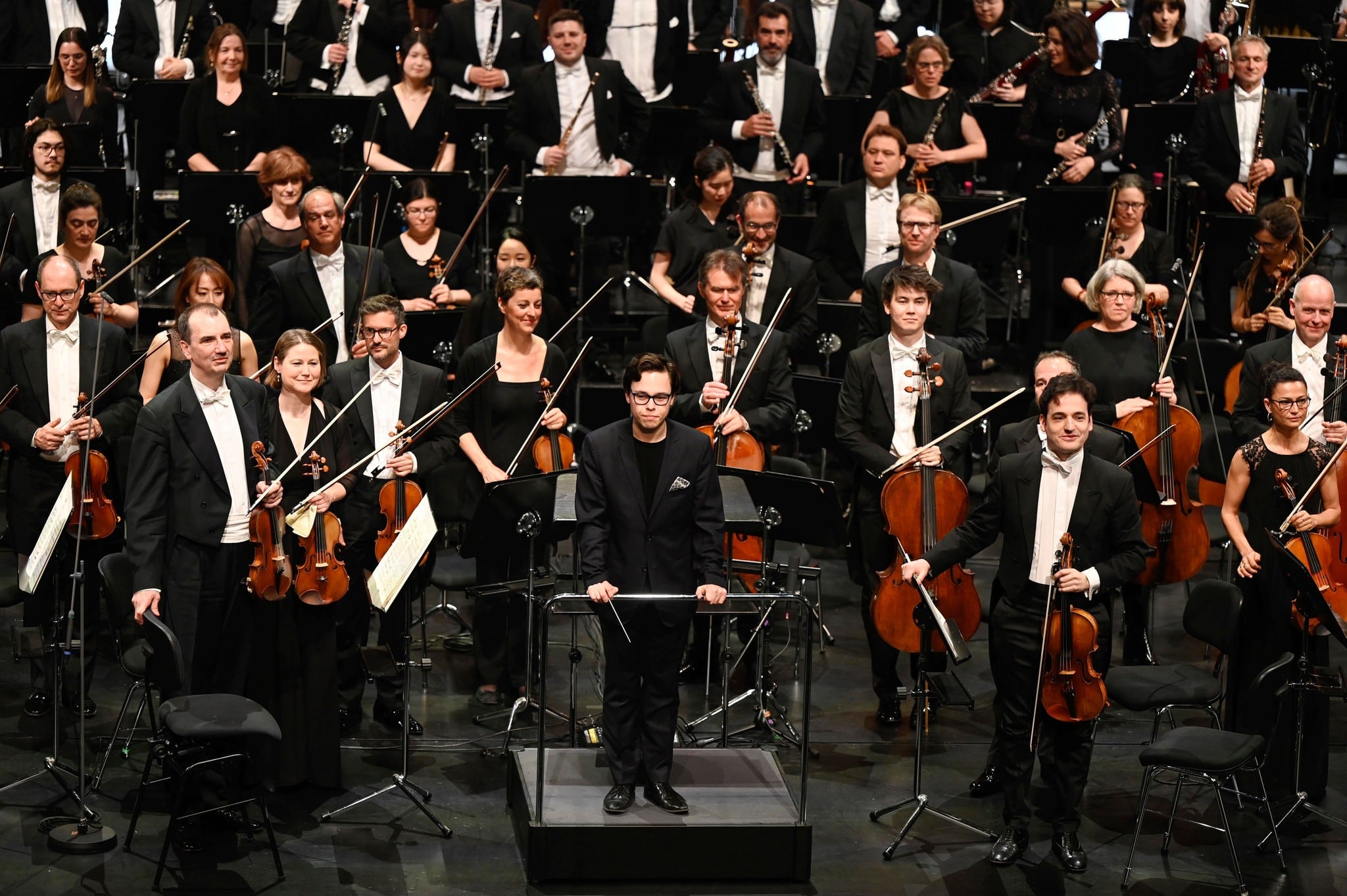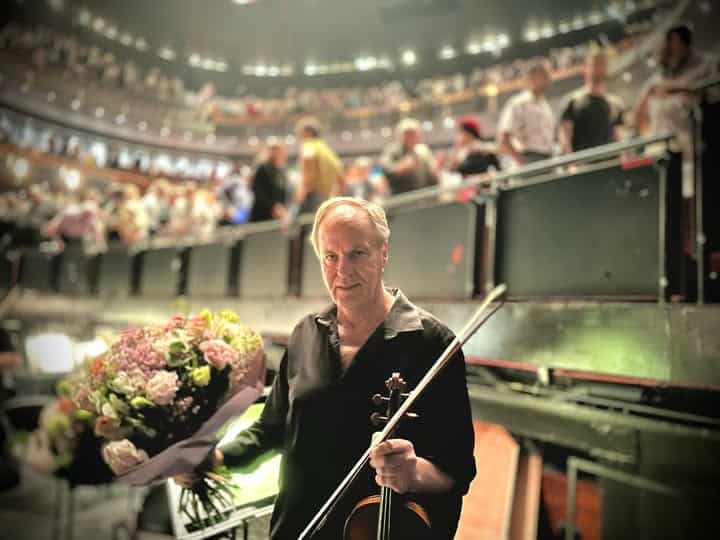Breaking: Finn kid takes Hong Kong Phil
NewsThe Hong Kong Philharmonic has named the Finnish conductor Tarmo Peltokoski as its music director from next year. He succeeds Jaap Van Zweden, who held the job for a dozen years while juggling several other appointments abroad.
Tarmo, at 24, is Music and Artistic Director of the The Latvian National Symphony Orchestra; Principal Guest Conductor of the Deutsche Kammerphilharmonie Bremen; Principal Guest Conductor of the Rotterdam Philharmonic and incoming music direector of the Orchestre National du Capitole de Toulouse.
In Hong Kong, we are told, he will be younger than the orchestra’s most junior member.






Comments